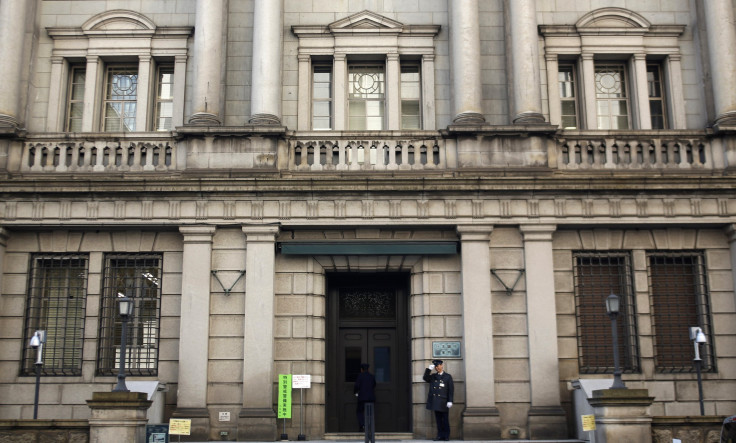Japan Retail Sales Fall Unexpectedly Ahead Of Stimulus Meet

Japan’s retail sales suffered an unexpected drop in December — the second straight month of declines — even as industry watchers expected to see a small rise in sales of household goods, official data released Thursday showed.
The drop, which indicated that household spending is yet to revive in the island nation, came just ahead of a two-day meeting by the Bank of Japan (BoJ) to decide whether to boost the nation’s monetary stimulus. With Japan’s near-zero inflation playing spoilsport to policymakers' efforts to spur growth, investors would be keenly watching any policy adjustment by the BoJ to prop up inflation to its target of “about 2 percent.”
As Japan’s stock markets slipped into bear territory last week and with the yen’s recent strength, pressure has piled on the BoJ to consider a policy adjustment, Bloomberg reported. However, some central bank officials have maintained that the existing policy is sound and Japan is recovering moderately.
Retail sales fell 1.1 percent in December as mild winter weather hurt sales of winter clothes, fuel and other seasonal products, trade ministry data showed Thursday. A Bloomberg poll expected sales to increase by a percent.
“A fall in sentiment is probably responsible for the gap between income and consumption, and the main factor there is the rise in prices for food and everyday items,” SMBC Nikko economists led by Junichi Makino reportedly wrote in a note. “The portion of income that is consumed by food purchases has jumped, and households seem to be cutting back to deal with the increased food cost burden.”
However, only six of the 42 economists surveyed by Bloomberg expected the BoJ to introduce further stimulus at this week’s meeting, while a majority felt that the central bank would wait until March before changing its stimulus policy.
The world’s third-largest economy narrowly dodged recession in the July-September quarter and the October-December quarter as consumption and exports lagged. Following a shaky start to the New Year, investors have expressed doubts over the BoJ’s view that consumer sentiment would help kick-start growth and drive the economy in 2016.
© Copyright IBTimes 2024. All rights reserved.





















